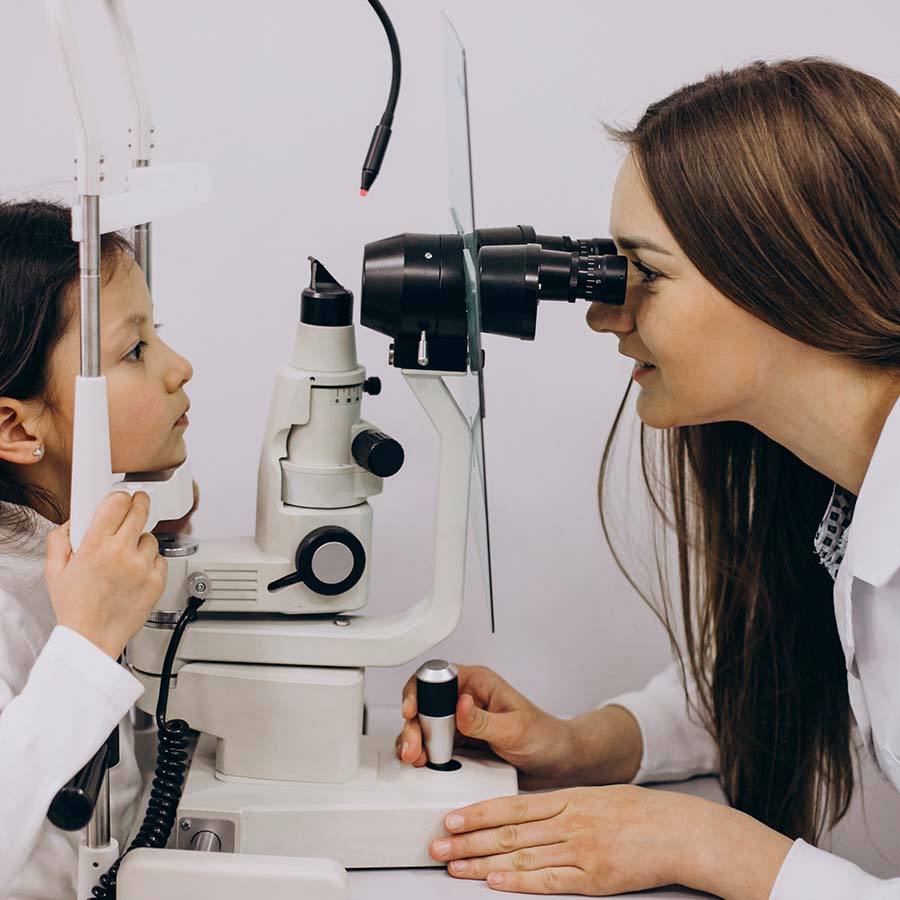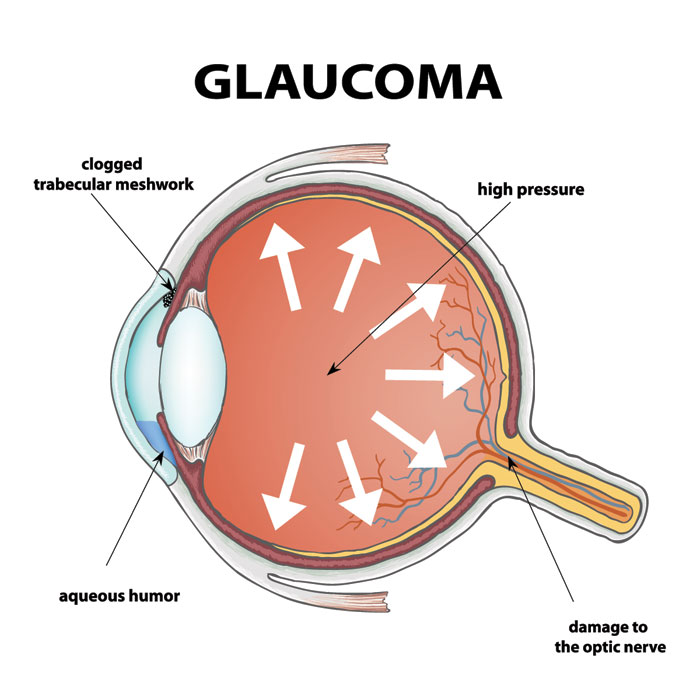Early Detection and Treatment for Glaucoma: Why It Matters
I. Why Early Detection is Critical for Glaucoma
Eye health is often overlooked until problems arise. Among the many eye diseases, glaucoma is one of the most dangerous because it develops silently. If left untreated, it can cause irreversible vision loss. Detecting glaucoma early and starting treatment promptly can prevent severe damage and help maintain clear vision for years to come.
II. What is Glaucoma? Causes, Symptoms, and Risks
Glaucoma refers to a group of eye conditions that damage the optic nerve, usually due to increased intraocular pressure (IOP). This damage progresses gradually, often without obvious warning signs—earning glaucoma the title “the silent thief of sight.”
Risk factors include:
-
Age over 40, with risk increasing as you get older
-
Family history of glaucoma
-
Certain ethnic backgrounds (e.g., Asian or African descent)
-
Health conditions like diabetes and high blood pressure
Without early intervention, glaucoma can lead to permanent blindness.
III. What Does “Early Glaucoma” Mean?
Early glaucoma is the stage when optic nerve damage has started, but vision remains mostly intact. At this point, pressure in the eye may be elevated, yet symptoms are minimal or non-existent. This is why regular eye check-ups are so important. Treating glaucoma at this stage can slow or even halt progression, helping you keep your natural vision longer.
IV. Treatment Options for Early Glaucoma
Managing early glaucoma usually starts with prescription eye drops that lower eye pressure. Other common treatments include:
-
Laser therapy (Trabeculoplasty): Improves fluid drainage in the eye
-
Surgery (Trabeculectomy or MIGS): Recommended for severe or unresponsive cases
Know the estimated cost of glaucoma eye surgery through this guide:
https://glaucoma.ph/glaucoma-treatment-cost-philippines-2025/
Your ophthalmologist will recommend the best option based on your condition and lifestyle.
V. How to Choose the Right Treatment
Choosing the right glaucoma treatment depends on:
-
Stage and severity of the disease
-
Your overall health and age
-
Side effects and recovery time
-
Personal lifestyle and preferences
Always discuss these factors thoroughly with your eye specialist before deciding on a treatment plan.
VI. Final Thoughts: Protect Your Vision Now
Glaucoma is a lifelong condition, but with timely detection and treatment, you can preserve your vision. Take control by scheduling regular eye exams and learning about your options. The earlier you act, the better your chances of preventing vision loss.
Don’t wait for symptoms. Book your glaucoma screening today and protect your eyesight for the future.




